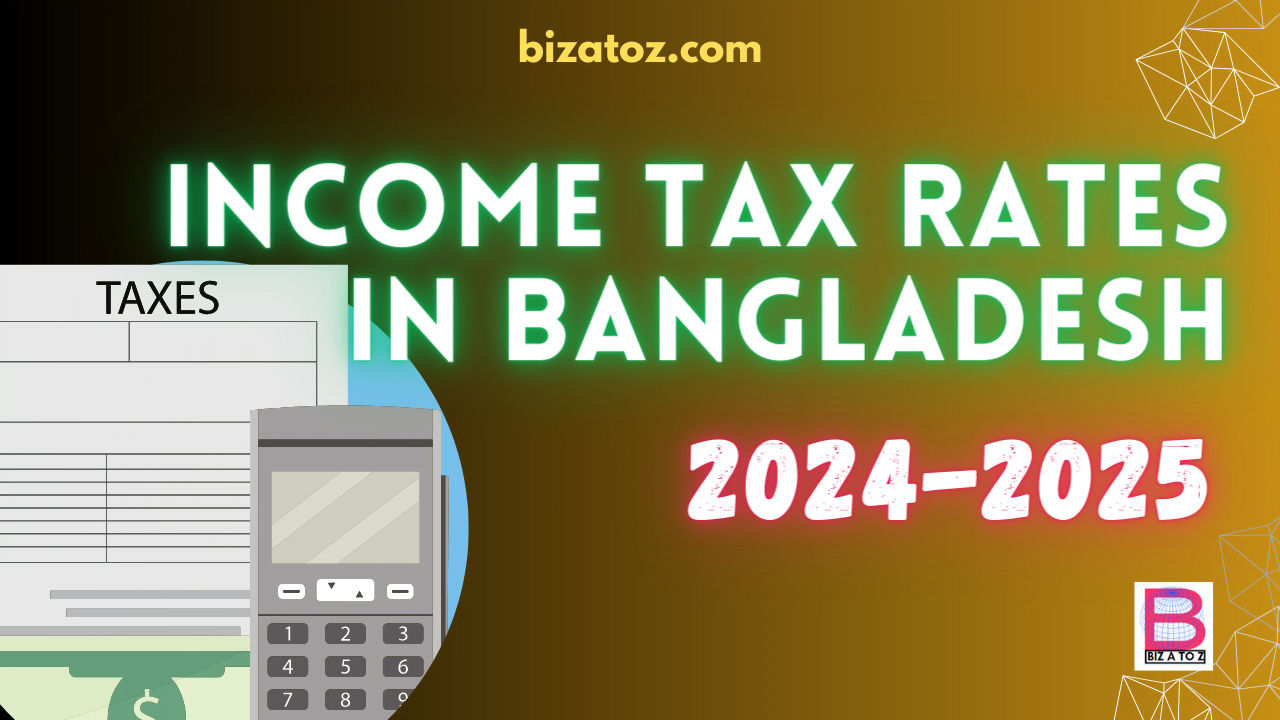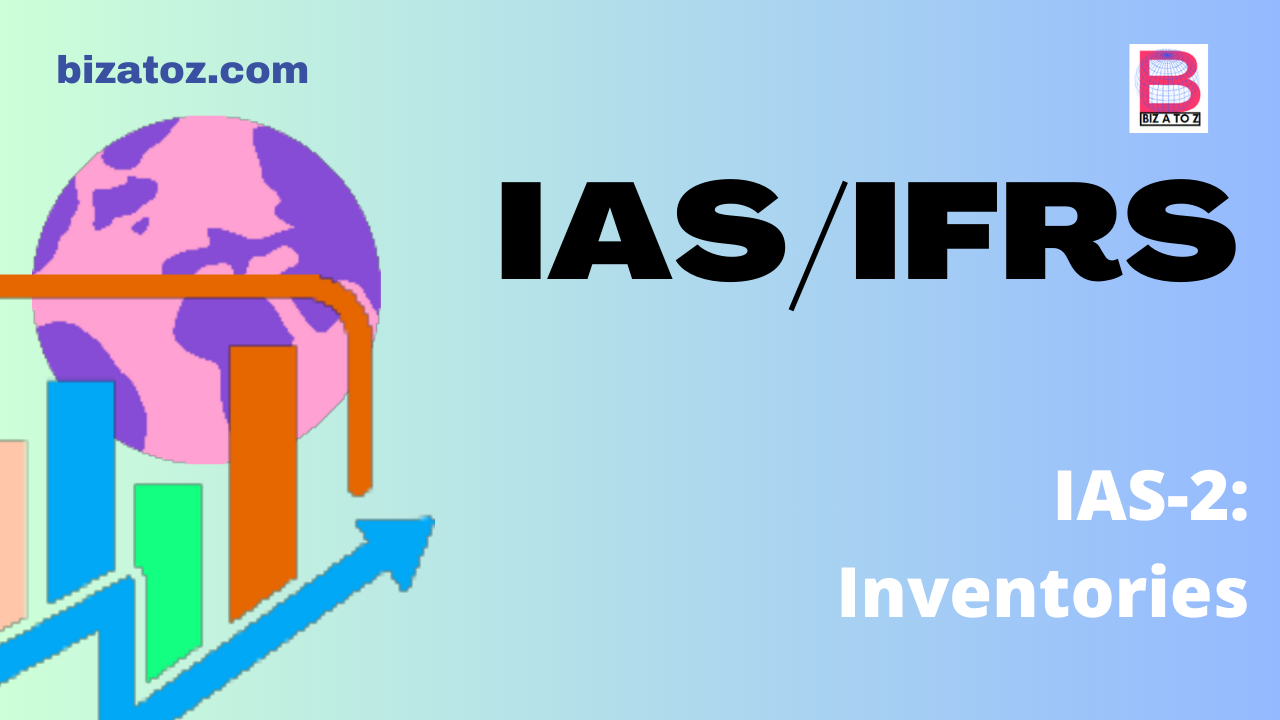
As a human being, everybody wants financial success or independency which does not happen over the night, it requires planning and strategy on income and expenses. A personal budget is one of the fundamental tools to take control of your money and work toward your financial goals. Many people know about personal budgets but don’t want to make or follow one. A personal budget will help you to understand where money is coming from and where it’s going. This will not only help you to make informed decisions but also help to control spending with investment and savings. Creating a budget is sometimes daunting for the first time, but over time it will help to realize how you spending over time when you look back. Let’s discuss how one can create a monthly personal budget.
1. Track Your Income for personal budget:
To create a budget, you need to gather documents related to your Income such as salary, business, freelance work, stocks, etc. Collecting all information about your income is the foundation for your budget.
Example:
| Salary | $ 2,000 |
| Passive income | $ 1,000 |
| Total Income | $ 3,000 |
2. List Your Expenses:
List your expenses require in a month which can be in the form of variable and fixed nature. Fixed nature expenses are house rent, mortgage payment, etc., and Variable nature expenses are groceries, entertainment, etc.
Example:
| Variable expenses: | ||
| Groceries | $ 300 | |
| Dining out | $ 100 | |
| Entertainment | $ 50 | |
| Others | $ 50 | |
| Total variable expenses | $ 500 | |
| Fixed expenses: | ||
| Repayment of loan | $ 700 | |
| Rent | $ 800 | |
| Utilities | $ 100 | |
| Insurance | $ 100 | |
| Others | $ 200 | |
| Total fixed expenses | $ 1,900 | |
3. Set Financial Goals:
Determine what you want to achieve by making a plan. These may be if you want to save some money for rainy days or paying off debt. By having specific goals, you can allocate funds accordingly. If you have more than one goal, allocate funds as per your category.
Example:
| Emergency fund | $ 200 |
| Savings | $ 200 |
4. Budget Summary:
The budget summary is a concise overview of the key figures of your budgeting efforts. The summary is a quick snapshot of various categories of income and expenses.
| Total Income | $ 3,000 | |
| Total expenses: | ||
| Variable expenses | $500 | |
| Fixed expenses | $1,900 | $ 2,400 |
| Total Saving | $ 200 | |
| Balance of Income | $ 400 |
Balance of income is the money left from your income after deducting expenses and savings which may use for unexpected expenses and keep as savings.
5. Review Your Spending:
As time passes, review your budget with actual expenditure. Try not to cross your budget for a particular month. This step is vital to limit expenditure within your budget and you may adjust the budget if required. It’s better to remain within the plan for optimum output to fulfill financial goals.
While making a budget make sure to be realistic. Nobody knows about your lifestyle and income except you, so make sure you adjust when required. For better output, paying off debt and emphasis on savings is crucial for a budget.
This article is written by Monir Bhuiyan, a member of ACCA (Association of Chartered Certified Accountants) and ICAB (Institute of Chartered Accountants of Bangladesh).








Nice work!!